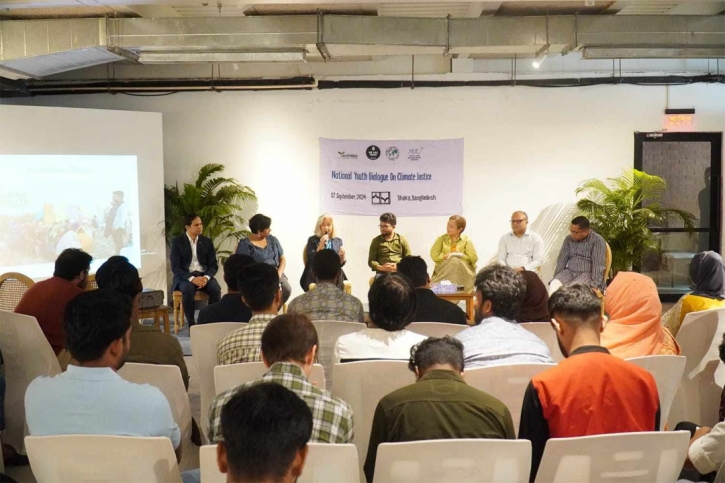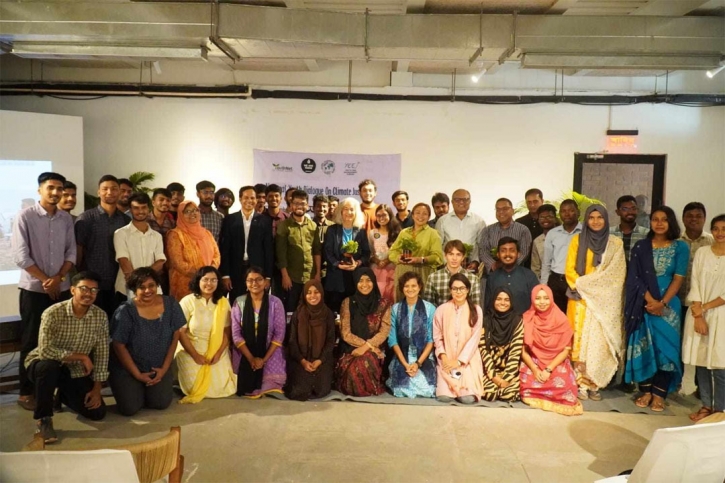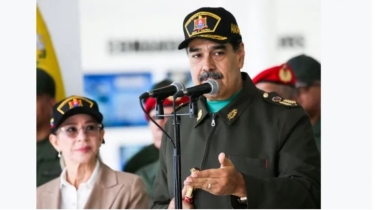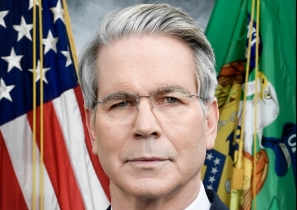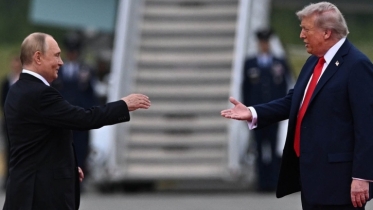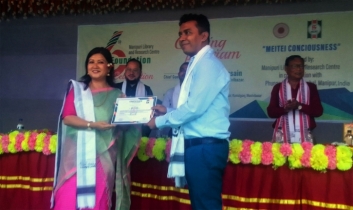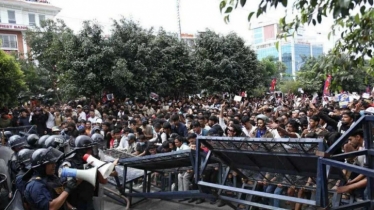Marie Masdupuy has said the decentralised democratic process is important for the upcoming reforms. "It is very welcome that Prof Yunus wants to decentralise the democratic process. It is a big reform ensuring locally led adaptation, she said. She made this remark while addressing a youth dialogue titled "National Youth Climate Dialogue" organised by Youth Net Global under the Global Dialogue on Climate Justice collaboration with We Are Tomorrow Partnership and Youth and Environment Europe in the capital city Dhaka on Saturday morning.
"If you go through the decentralized process, you may have different representation from some ministries into the local government. This will harmonize the activities between the central government and local government in the decision-making process. For example, she said, "There is no representation from the Ministry of Environment, Forest and Climate Change currently. After that, she mentioned the adaptation pact between France and Bangladesh and the way ahead with the pact. The decision to adaptation pact was taken when France President Emmanuel Macron in September last year agreed to work together in climate adaptation. Along with youth she also emphasized the participation of civil society. “We shall increase the role of civil society in the adaptation pact which will impact all the projects, she said.
Nayoka Martinez Bäckström, First Secretary, (Environment and Climate Change) and the Deputy Head of the Development Cooperation Section, Embassy of Sweden in Bangladesh was the guest speaker. She discussed about the opportunities for strengthening youth climate leadership as part of the ongoing institutional and system reforms. She said, "The youth movement has largely brought on this change in Bangladesh. There are now opportunities for youth to be part of and directly influence decision-making in policy and administrative processes. "You are not only climate change activists, you are also advocates, you are technical contributors to development because you bring such diverse backgrounds, knowledge and experiences to the table, she said. "Youth have to build on the current momentum by continuing to play different roles and operating at various levels - from local to global - in pushing the climate agenda, she added.
Sohanur Rahman, Executive Coordinator of YouthNet Global moderated this session. The National Youth Climate Dialogue also included an expert panel discussion featuring: Dr. Mohammad Assaduzzaman, Senior Policy Advisor for Climate at the Embassy of the Netherlands, Mahbub ul Alom, Country Director of Pathfinder International, Jyotiraj Patra, Programme Director at Concern Worldwide Bangladesh, Anika Karim, Director and Communications Coordinator at Bonhishikha.
This dialogue is part of the Road to COP29 initiative, which aims to foster collaboration between Bangladesh and Turkey on climate resilience and justice. The event focused on knowledge exchange, sharing strategies, and developing concrete plans to address climate challenges. Participants were engaged in breakout sessions, delving into critical climate issues such as Adaptation, Mitigation, Loss and Damage, and Climate Finance. These sessions allowed attendees to discuss the pressing challenges in climate action, share their perspectives, and work on actionable recommendations.The discussions aimed to inspire young leaders to take active roles in climate justice initiatives. Through these engagements, the dialogue sought to prepare Bangladesh and Turkey for stronger collaboration as they approach COP29. Two young climate leaders from Istanbul, Turkey SaidErkam Kızılkayalı and Nabil Juma Ramadhan from the New World Foundation attended this dialogue part of the international youth exchange.
The concluding session was joined by Prof. Dr. Petra Dannecker, Head of Department, Department of Development Studies, University of Vienna, Dr. Ahmad Kamruzzaman Majumder, Professor, Department of Environmental Science, Stamford University Bangladesh, Fahima Al Farabi, Assistant Professor, Department of Anthropology, Jahangirnagar University, Md. Khademul Rashed, Senior Communications and Advocacy Officer, Islamic Relief Bangladesh, Raihan Ferdaus, Senior Reporter, Jamuna TV, Farah Anzum, Climate Communicator, Global Strategic Communications (GSCC). The dialogue successfully brought together youth activists, climate experts, and policymakers to discuss key challenges and opportunities in climate resilience. The event is expected to set the stage for stronger collaborations between Bangladesh and Turkey as both nations prepare for COP29, focusing on building a sustainable and resilient future.

